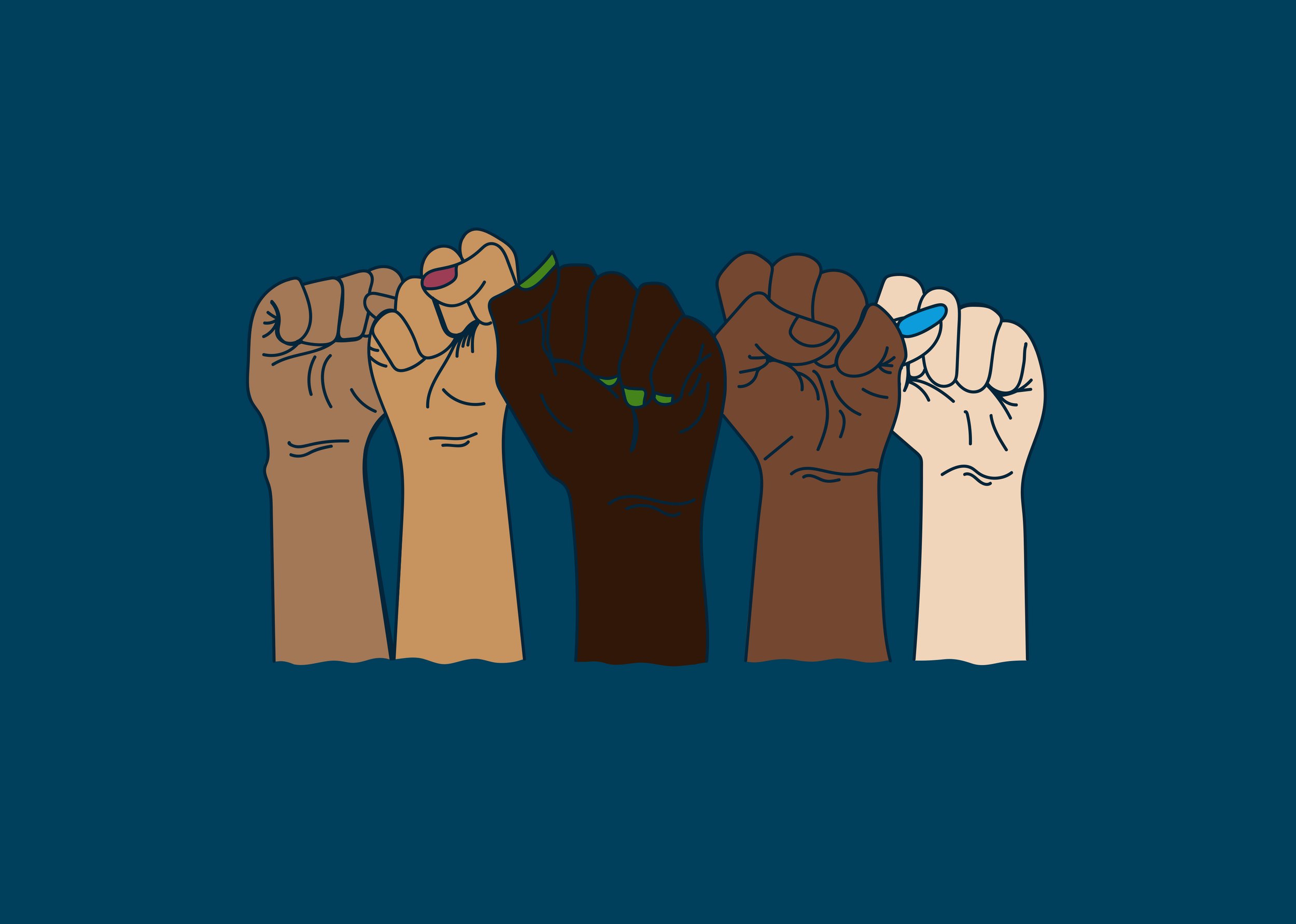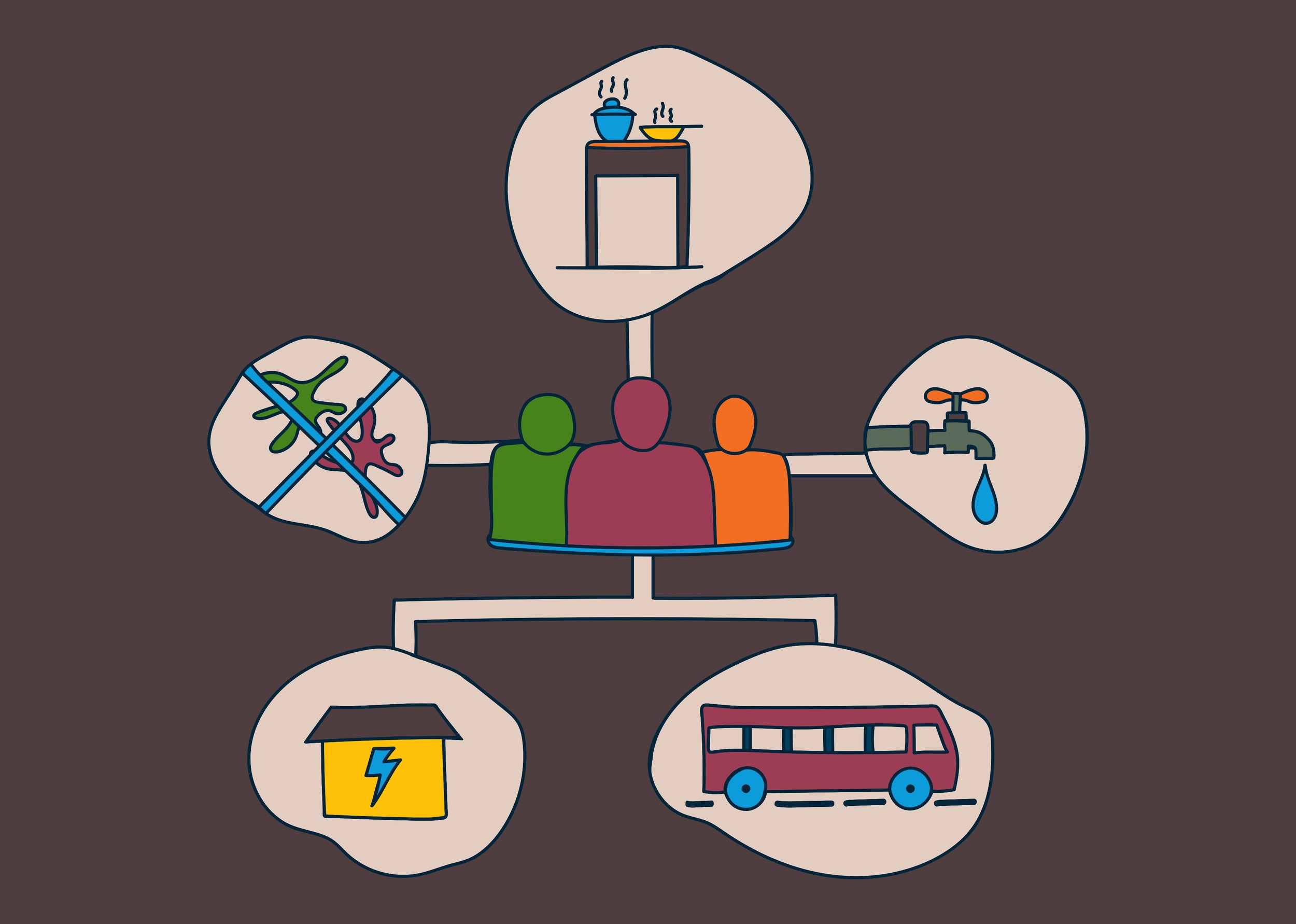Oxfam - WE-Care UCDW illustration
For this project, I created illustrations, icons, and social media templates that depict the challenges, successes, and policy asks of the WE-Care programme about addressing UCDW - to shift the unpaid care narrative from being a woman's issue to being a development, economic, and gender equality issue. Some of the illustrations and icons were used in Oxfam’s Care Policy Scorecard - A tool for assessing country progress towards an enabling policy environment on care.
-

According to the ILO, women in Africa spend 3.4 more time in unpaid care work than men. Without addressing the heavy and unequal unpaid care work, it will be near impossible to close the gender gap in the continent.
-

Lack of infrastructure like household water sources/electricity increases women's unpaid care work. Oxfam's findings from Kenya, Uganda & Zimbabwe showed that access to improved water sources reduced women's time in unpaid care by 1-4 hrs. PER DAY.
-

Social norms mean women are expected to do the majority of care work and household chores, resulting in little opportunities outside the home. Women must have the same opportunities as men in decision-making and how they choose to spend their time.
-

Change starts at home. Men and boys have a key role to play in ensuring a more equal sharing of unpaid care work within households.
-

Addressing unpaid care work requires a combination of interventions to create lasting change for women and girls. The most effective solutions combine care-supporting infrastructure or services together with social norms interventions.
-

Working with male ‘care champions’, such as cultural or religious leaders, has helped to cascade messages and provide positive examples, challenging existing social norms and limiting perceptions of masculinity.
-

If women and girls' time was freed from too much and too heavy care work, they will have more choice to engage in paid work, go to school, rest, or join community and political activities. Contribution to society will even be greater.
-

Addressing heavy and unequal unpaid care domestic work means ensuring a safer, more equal future for women and girls, regardless of where they come from or what their economic status is.















I had an awesome experience producing these.
I worked with a supportive team and learned so much from the project.
View this project through the #LastingChange on Twitter and Oxfam’s website.
I am grateful to Oxfam for trusting me with this consultancy.

